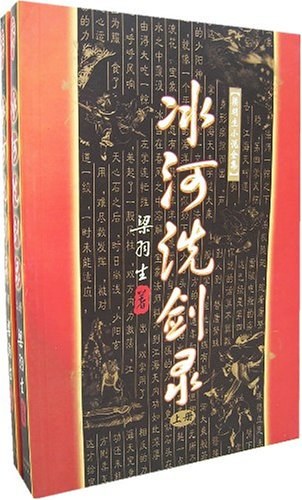
冰河洗剑录(上下)
[ 武侠 ]
作者:梁羽生
1
0
推荐者:百科书库 2023-04-29 11:28:04
本书简介
- 作者:梁羽生
- 出版社:广东旅游出版社
- 出版年:1996-03
- 页数:986
- 定价:48.0
- 装帧:平装
- 丛书:梁羽生小说全集
- ISBN:9787805216430
In the Valley of the Royal Lost Beads, there is a fragrance of lotus, and the waves are rising in the southern seas and skies of Jiangnan, reflecting the emotions of the heroes who wield their swords outside the borders, unfolding a magnificent martial arts epic. This story takes place seven years after Li Shengnan's death...
× × × × × ×
When it comes to martial arts novels, one cannot ignore Liang Yusheng and his unique charm that exudes from his simplicity. As far as new-style martial arts novels are concerned, Gu Long is the younger generation, Jin Yong is the person who took one step further, and Liang Yusheng is the "big brother" in terms of time. It was precisely because he unintentionally walked into the martial arts world that he created the most spectacular cultural landscape of this century—the martial arts craze. Liang Yusheng's literary skills are profound, his language is beautiful, and his descriptions are vivid. He uses a large amount of poetry in his works, which sets him apart. However, his portrayal of plots is somewhat inferior to Jin Yong and Gu Long, but his works are still worth reading and are worthy of being one of the three great masters.
Liang Yusheng's martial arts novels connect to the chivalrous novels since the "Legend of Sons and Daughters" and the old martial arts novels of the Republic of China. It opened up new Chinese martial arts literature and paved the way for Jin Yong and Gu Long. He evaluated his position in the martial arts novel world in this way: he is the one who set the trend, and Jin Yong is the one who carried it forward.
In the 1960s and 1970s, he and Jin Yong jointly carried the banner of new-style martial arts novels. "Liang and Jin were both well-known, radiating light." During the period when Liang and Jin were contemporaries, Liang advocated that "chivalry is the embodiment of the wisdom and moral character of the lower-class working people," and established chivalry on the basis of justice, dignity, and love for the people, rejecting the tendency of old-style martial arts novels to blindly seek revenge and indulge in killing. Jin Yong elevated it to "the greatest chivalry is for the country and the people."
Liang Yusheng's novels are famous for their solid historical and literary knowledge and ancient poetry expertise. His language is full of elegance, and his stories are often embellished with poems, folksongs, and idioms. His novel techniques are mainly inherited from the tradition, with chapters and rounds serving as the main form of story-telling. The poetic style of the rounds has a deep and pleasant rhythm, and the narrative also bears a clear oral storytelling style. The moral colors of the characters in his martial arts novels are strong, and the distinction between right and wrong is strict. Each of his martial arts works has a clear historical background, and the plot design is ingenious and rich. Some people believe that the flaw of Liang Yusheng's novels lies in their "tedious" nature, which may still be due to Liang's persistent attitude as a "traditional" literati. Liang himself said, "Perhaps I have also had a 'fantastical' problem, but 'fantasy' is not the mainstream of my works and not my style."
作者简介
梁羽生是新派武侠小说的开山祖师。梁羽生本名陈文统,一九二四年三月廿二日出生(证件标明日期为一九二六年四月五日,误)原籍广西壮族自治区蒙山县。生于广西蒙山的一个书香门第,自幼写诗填词,接受了很好的传统教育。1945年,一批学者避难来到蒙山,太平天国史专家简又文和以敦煌学及诗书画著名的饶宗颐都在他家里住过,梁羽生向他们学习历史和文学,很受教益。抗日战争胜利后,梁羽生进广州岭南大学读书,学的专业是国际经济。毕业后,由于酷爱中国古典诗词和文史,便在香港《大公报》作副刊编辑。一九四九年后定居香港,现侨居澳大利亚悉尼(一名雪梨)。他是中国作家协会会员。梁羽生从小爱读武侠小说,其入迷程度往往废寝忘食。走入社会后,他仍然爱读武侠小说,与人评说武侠小说的优劣,更是滔滔不绝,眉飞色舞。深厚的文学功底,丰富的文史知识,加上对武侠小说的喜爱和大量阅读,为他以后创作新派...
相关推荐
狂侠天骄魔女(全四册)
梁羽生是新派武侠小说的奠基人,他的作品在情节上稍逊于金庸和古龙,但其文学功底深厚,言辞优美,描写生动,独树一帜。他运用了大量诗词,将侠行建立在正义、尊严和爱民的基础上,摒弃了旧派武侠小说的复仇和嗜杀倾 梁羽生 2023-04-29 11:20:20© 2023-2025 百科书库. All Rights Reserved.


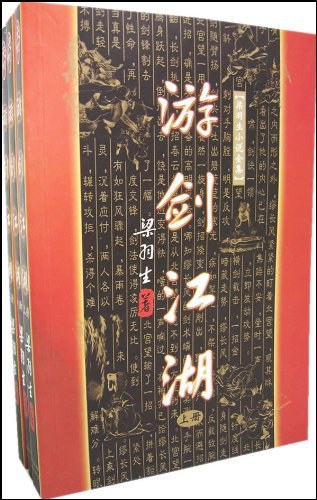
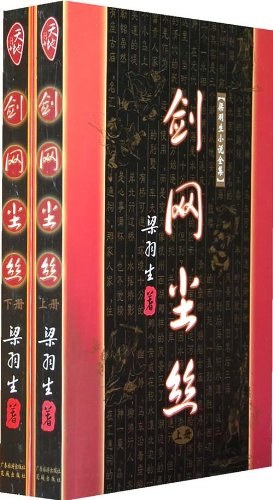
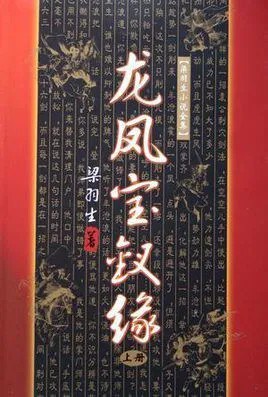
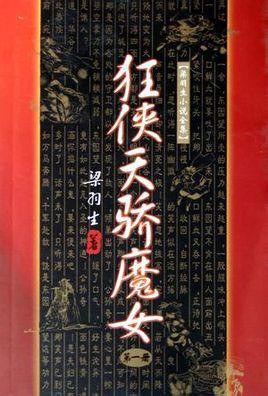

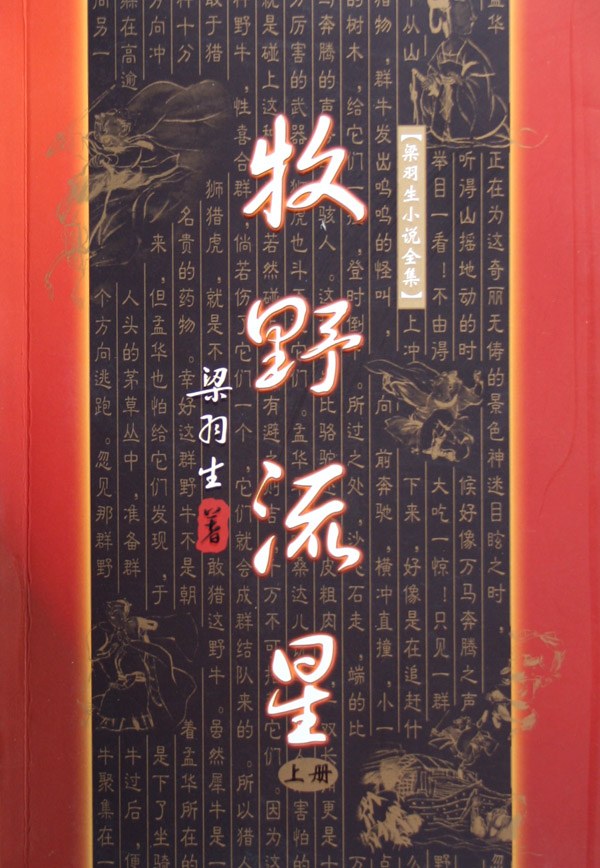
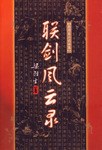
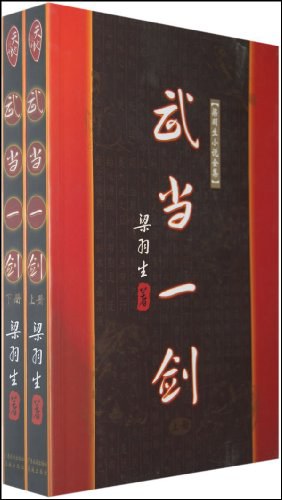
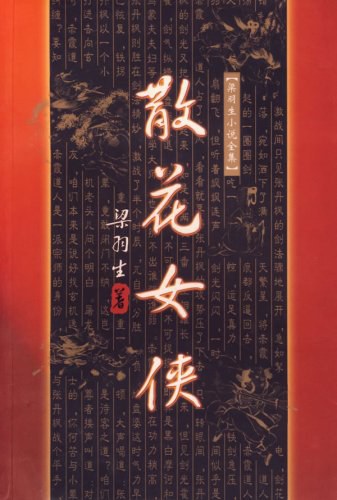
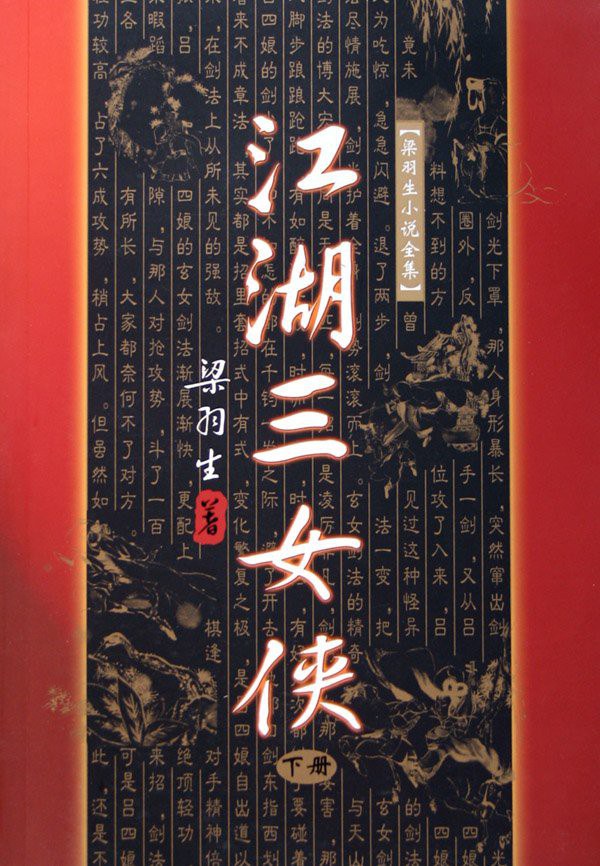
发表评价